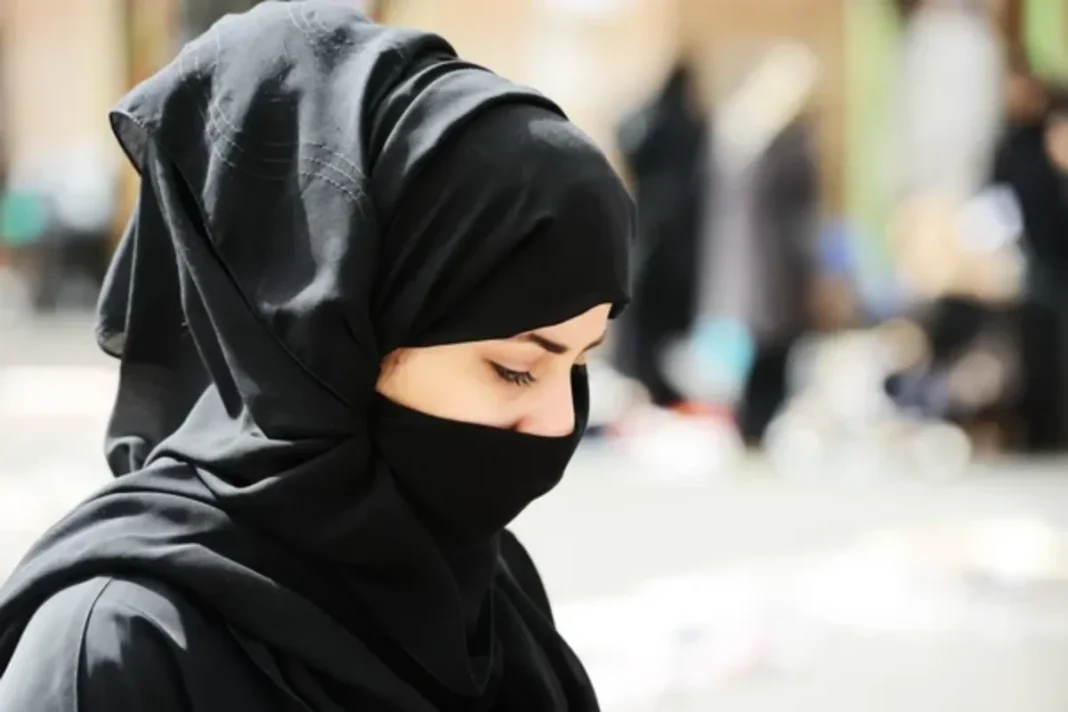In a significant announcement, Assam’s Chief Minister, Himanta Biswa Sarma declared that he won’t allow teenage girls to get married in Assam as long as he’s alive. He made this statement during a session in the state assembly while discussing the cancellation of the Assam Muslim Marriage and Divorce Registration Act of 1935. The Chief Minister emphasized that they are determined to put an end to the practice that harms young girls, especially in the Muslim community. This decision was made after the cabinet approved the ‘Assam Repealing Ordinance 2024’, which nullifies the old Act from 1935.
Understanding the Muslim Marriage and Divorce Registration Act of 1935
The Muslim Marriage and Divorce Registration Act of 1935, first put in place nearly a century ago, lays down the rules for registering marriages and divorces among Muslims. In 2010, a change was made to the Act in Assam, making it mandatory instead of optional to register Muslim marriages and divorces. This law gives the state the authority to grant licenses for registering marriages and divorces for any Muslim person. It also states that Muslim registrars are considered public servants and explains how to apply to register marriages and divorces with the registrar. The Act was created to align with Muslim personal law.
Why the Law was Repealed
The Chief Minister hailed this action as a significant step in curbing underage marriages in Assam. He highlighted that the Act allows marriage registration even if the individuals are younger than the legal ages for marriage, which are 18 for brides and 21 for grooms. A statement from the Cabinet meeting labeled the Act as outdated, dating back to the British colonial period, and criticized its informal registration process, which allows for non-compliance with current norms.
The law regulates Muslim marriage and divorce ceremonies in the state, with government-appointed officials called ‘kazis’ responsible for registration. However, reports suggest that some kazis abused their authority by allowing underage marriages.
This decision follows Uttarakhand, governed by the BJP, becoming the first state to enforce a Uniform Civil Code (UCC) two weeks ago. The BJP-led government in Assam aims for a similar move. According to Minister Jayanta Malla Baruah, repealing the Act is a significant step toward this goal. He also noted that Muslims would now need to register marriages under the Special Marriage Act instead.
Crackdown on Child Marriages
Last year, the Assam government took strong action against child marriages, arresting over 4,000 people and prosecuting most under the Protection of Children from Sexual Offences (POCSO) Act. The government is determined to end child marriage by 2026.
The specific part of the Act highlighted by the chief minister as permitting child marriage relates to how marriage applications are submitted to the registrar. It states that if the bride or groom, or both, are minors, their legal guardians must submit the application on their behalf.
Political Factors Guiding Decision-Making
In Uttarakhand, where a Uniform Civil Code (UCC) has been put into effect, Muslims make up a smaller percentage of the population compared to Assam, where they account for about 34% according to the 2011 Census.
Over the past year, the government led by Himanta Biswa Sarma has taken several steps concerning family, marriage, and reproduction, aimed at addressing these issues. Alongside cracking down on child marriages, with 62% of over 3,000 people arrested initially being Muslim, the government has set a limit on the number of children one can have to qualify for a new financial aid program for rural women.
Furthermore, there are plans to draft a law to make polygamy illegal. CM Sarma has also repeatedly emphasized the government’s interest in implementing a Uniform Civil Code, with provisions for the state’s tribal communities.


